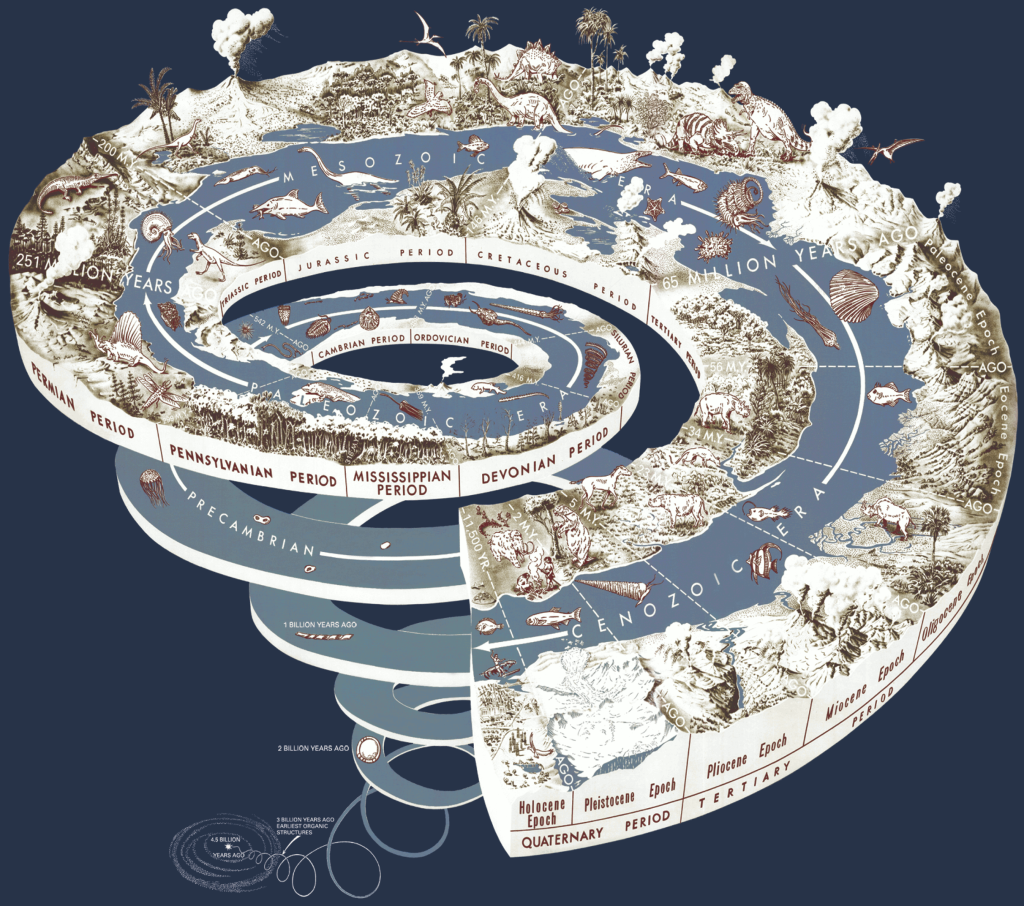No experimentation, no evolution.
Grant Boulanger, 2016 Minnesota Foreign Language Teacher of the Year
Grant is a friend and colleague of mine, and he issued these brief but poignant words in an ongoing conversation among teachers of second languages. The conversation, as one might guess, was about the perennial issue of change. While we all know that change can often be a good thing, the truth is that when change comes knocking at any of our doors, we are more than likely to resist it. The reasons might be legion, but I suspect it comes down to the certain kind of comfort associated with stasis, and the fear associated with the unknown.
I don’t pretend to be a scientist or have deep knowledge of human genetics or the documentary evidence of evolution, but I think I understand that over vast periods of time, changes take place in the genetic structures o f all beings that can be the end of one direction and the future of another. No experimentation, no evolution. I don’t necessarily think that our genes are sitting around saying–gee, should we experiment with this thing, or not? Whatever causes genetic leaps and changes, a natural experiment begins to take place. Some time tens of thousands of years ago, some delightful Hominid and some dashing Neanderthal decided to experiment. The result is that now many of us from European and Asian backgrounds have a certain amount of Neanderthal genetics in our make up that allowed our peoples to survive and thrive. Those very same genes also seem to create some other difficulties for us. That sounds like the set up for the next set of experiments, natural or otherwise.
f all beings that can be the end of one direction and the future of another. No experimentation, no evolution. I don’t necessarily think that our genes are sitting around saying–gee, should we experiment with this thing, or not? Whatever causes genetic leaps and changes, a natural experiment begins to take place. Some time tens of thousands of years ago, some delightful Hominid and some dashing Neanderthal decided to experiment. The result is that now many of us from European and Asian backgrounds have a certain amount of Neanderthal genetics in our make up that allowed our peoples to survive and thrive. Those very same genes also seem to create some other difficulties for us. That sounds like the set up for the next set of experiments, natural or otherwise.
Over the 27 years that I have been teaching, nothing strikes more immediate shaking in my knees than to hear that “a change is coming” in the system, the curriculum, the administration, the guidelines, the standards, the evaluation system, etc. If I am honest, most of those changes have not been bad things. I’ve changed with them. I’ve learned. I’ve grown. Even the changes that were bad ideas changed me. They taught me how to navigate my own soul when bad things happen. Each bad change did that. Those are good lessons.
No experimentation, no evolution. Here’s the thing. Evolution not only means change, but it means surviving and thriving for another day. Stasis might feel good right now, but stasis kills us. The most devastating thing that human beings can do for themselves is to sit down, and sitting feels so good! Sitting for long periods of time takes years off of our lives. We were made to do. We were made to experiment. Experiments lead to change. Change is evolution. Evolution is our future, the future in which we survive and thrive.
And this. The very definition of justice is a place, a time, a set of relationships, a community in which everyone gets what they need to survive and thrive. That kind of justice requires experimentation. No experimentation, no evolution.
Thanks, Grant.
Bob Patrick

Pingback: Win a FREE registration to iFLT 2016! – The Comprehensible Classroom